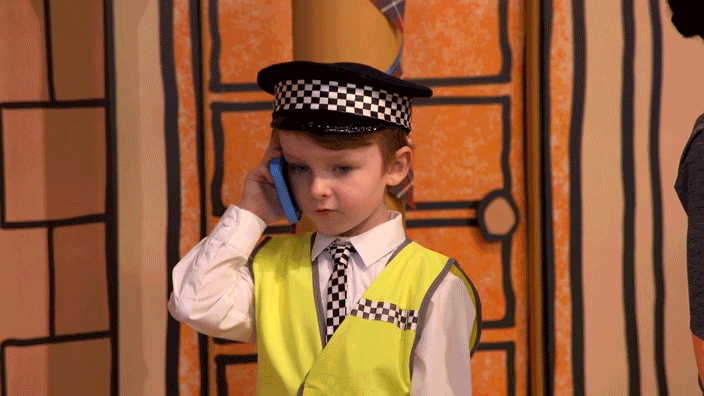
Play-based learning is a powerful early childhood education approach that recognises the inherent value of play in children’s development. This approach creates a nurturing environment in kindergartens where children engage in purposeful play to develop cognitive, social, emotional and physical skills.
The use of learning centres is one effective way to implement play-based learning. These designated areas within the classroom allow children to engage in various types of play while developing specific skills. A reading corner, for example, with a variety of books, puppets and cushions promotes literacy skills, whereas a science or sensory table with materials such as water, sand or nature objects promotes scientific exploration. By providing a variety of learning centres, children can choose activities based on their interests and develop a variety of skills.

Image Credit: https://resilienteducator.com/classroom-resources/play-based-learning/
Open-ended materials are essential in play-based learning. Children can manipulate, create and problem-solve independently with blocks, magnetic tiles and loose parts. Children develop their imagination and critical thinking skills by interacting with open-ended materials. They can construct structures, experiment with various configurations and investigate cause-and-effect relationships. Since there are no predetermined outcomes and children are free to explore endless possibilities, open-ended materials foster creativity and adaptability.
Dramatic play is an essential component of play-based learning because it fosters imagination, social interaction and problem-solving skills. Creating a designated dramatic play area with props, costumes and pretend-play items allows children to engage in role-playing scenarios. Children develop language skills, learn to negotiate, cooperate and resolve conflicts by playing different roles such as chefs, doctors or community helpers. Children can explore various social situations and express their thoughts and emotions through dramatic play, promoting social and emotional growth.

Image Credit: https://www.cbeebies.com
The kindergarten curriculum must include outdoor play to promote physical growth and exploration. Outdoor spaces offer numerous opportunities for children to participate in physical activities such as climbing, running and balancing. Furthermore, by interacting with natural elements such as rocks, leaves and trees, children develop a stronger bond with nature. Outdoor play improves gross motor skills, coordination, spatial awareness and physical health overall. It also fosters a sense of wonder and appreciation for the natural world.
In play-based learning, emphasising process-oriented art encourages children to focus on the creative process rather than the end product. Educators promote self-expression, imagination and fine motor skill development by providing various art materials and allowing children to experiment and explore. Children can make choices, take risks and learn from their experiences when they participate in process-oriented art activities. As children are encouraged to value their own unique artistic journey, this approach fosters creativity, individuality and a sense of accomplishment.
Sensory play stimulates the senses while also promoting cognitive, motor and social-emotional development. Children can engage in hands-on exploration by creating sensory bins filled with materials such as rice, sand or water. These sensory experiences allow them to manipulate, pour, scoop and experiment with various textures, smells and sounds. Sensory play improves cognitive skills, sparks curiosity and promotes creativity. As children engage in various sensory activities, it also helps them regulate their emotions and develop fine motor skills.

Image Credit: https://tenor.com/en-SG/view/cutting-kinetic-sand-sand-tagious-satisfying-cut-oddly-satisfying-sand-cutting-gif-18039286
Kindergartens can create an enriching and engaging play-based learning environment that supports children’s holistic development, fosters a love of learning and prepares them for future academic success by implementing these best practices. Play-based learning encourages children to actively explore, inquire about and discover their surroundings, fostering a lifelong love of learning. It promotes their cognitive, social, emotional and physical development, ensuring that they have a well-rounded educational experience during their formative years.


